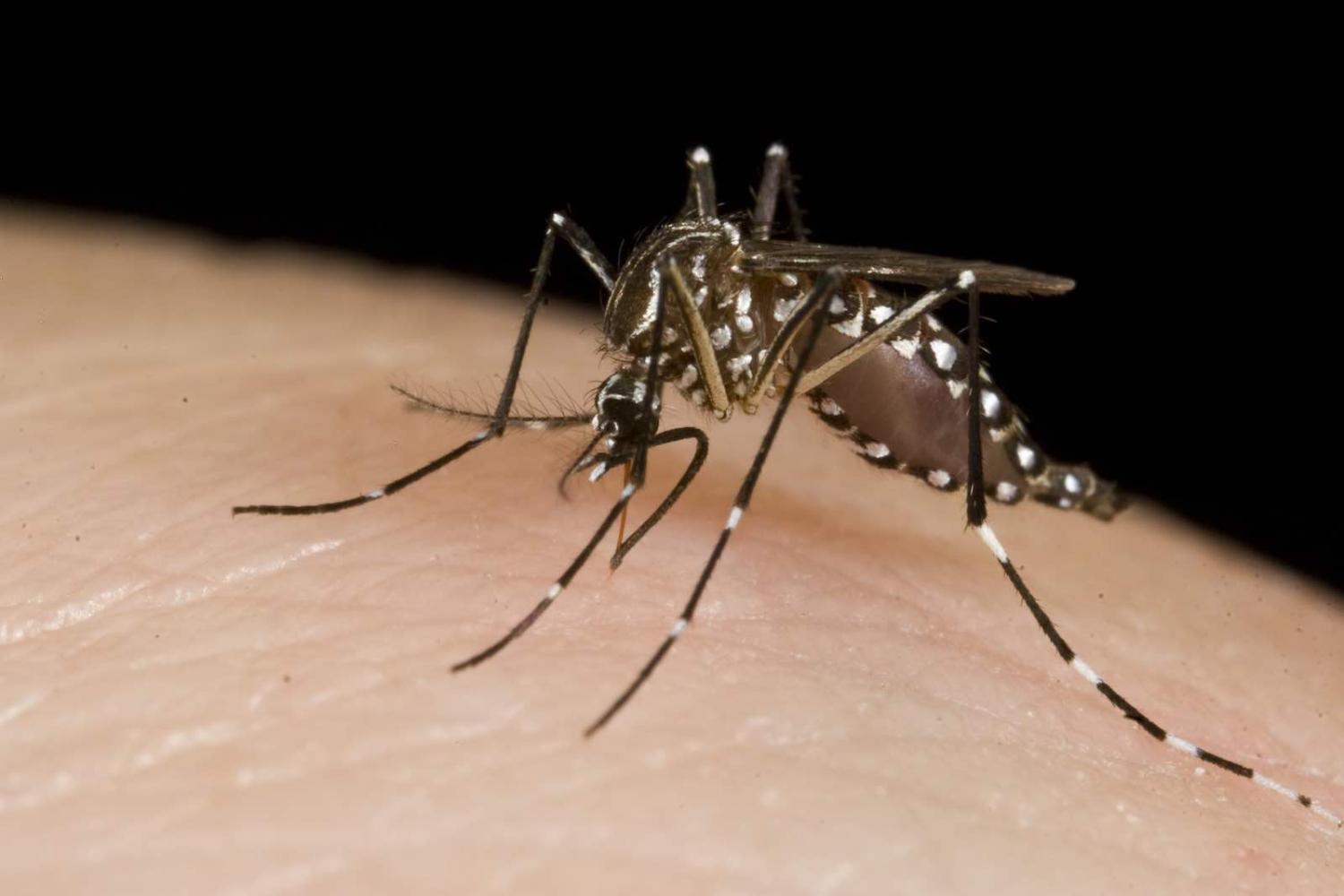- Car crash rates run high across the world, and often proportionally higher in developing countries. But a simple nudge can change this. In India, a firm is now using behavioural science to decrease the number of accidents on the roads.
- Why do parents invest in girls’ education? In this analysis using rural India as a case study, Abigail Adams and Alison Andrew find that parents strongly prefer to delay marriage until age 18 but place little intrinsic weight on girls’ education. However, they also underline the fact that a key motivation for parents to educate their daughters is the belief that education will increase their chance of marrying a well-paid and securely-employed man.
- The French Development Agency will lend 20 million euros ($22.5 million) to Benin for the construction of a new museum, which is slated to house 26 artifacts looted by France in the colonial era.
- Youth unemployment continues to remain a key policy challenge across the developing world. Imran Rasul examines two potential solutions to tackle this problem: vocational training and apprenticeships through wage subsidy programs, finding the first had a larger positive effect.
- Australian economist Martin Ravallion compares his new job as economics teacher at Georgetown University to his previous one - director of the research department at the World Bank.
- Listen to Brookings senior fellow Jay Shambaugh and David Dollar discuss the reasons behind economic prosperity concentration in certain regions of the United States and why other areas are left behind.
- Scott Bayley discusses the various types of “facilities” the Australian aid program uses across the world, their advantages and flaws.
- This piece by Noah Smith makes the case for using business consulting as a tool for foreign aid.
- And finally, the New York Times has a fascinating (and somewhat scary) story on the worst predator for humanity: the mosquito. You’re not going to leave your house after this.
Aid links: colonial comeuppance, a sting in the bite, and more
Assessing the education of girls in India, hiring an apprentice helps, plus links from across the development sector.

Ouch (Photo: DFAT/Flickr)
Published 7 Aug 2019
Follow @AlexandreDayant
You may also be interested in
Where does the global transition to net zero currently stand, where can it improve and where can it go wrong?